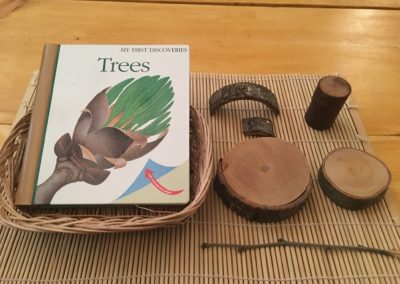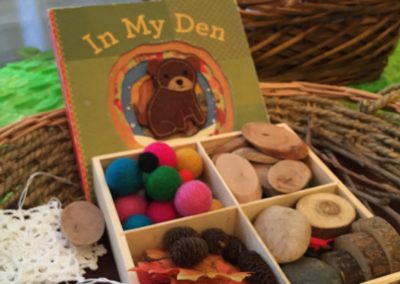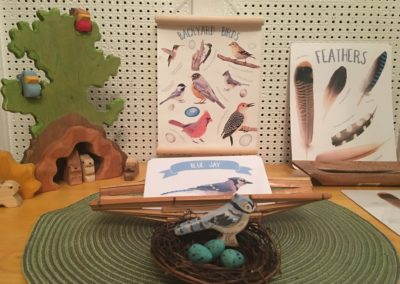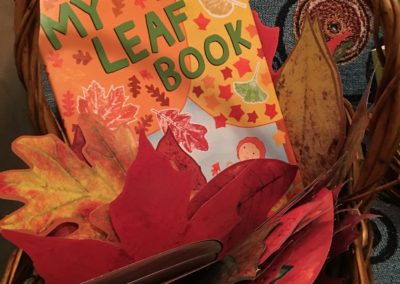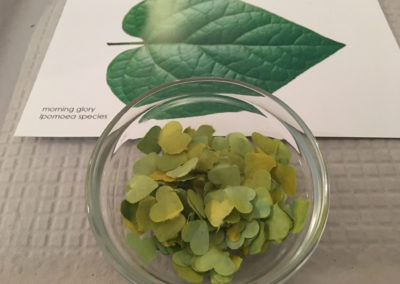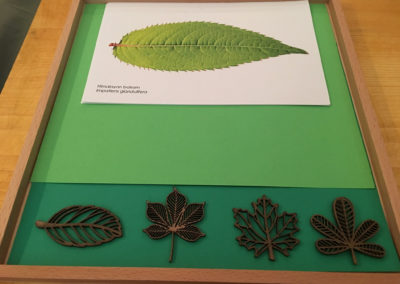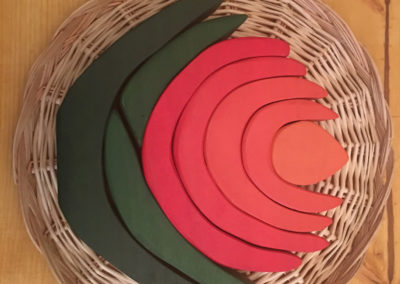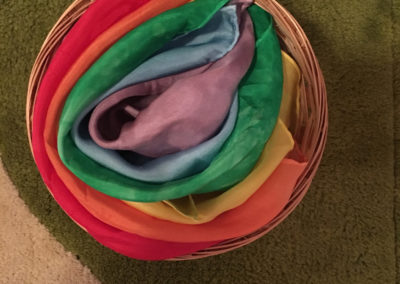Nature Exploration
Nature Nurtures
Nature is awe-inspiring and humbling, and provides us with endless sources of new situations and challenges. By embracing nature’s opportunities, we can imagine new possibilities for ourselves while awakening to the joys of inquiry, mystery, and self-directed learning. All senses become engaged when children interact with the natural world. During the preschool years, it’s important for us to help children discover what has been termed as their ecopsychological self – the child’s natural sense of self in relation to the natural world (Phenice & Griffore 2003). Nature exposes us to things that are alive and growing and promotes curiosity and exploration. With an adult as a guide, children can learn about being gentle and respecting living things. Children deepen their development of empathy when they connect with nature. They relate their experiences of being nurtured by loved ones with how they can nurture creatures with that same love and care.
Nature Exploration in The Studio Garden
Take a flower for example – seemingly simple but in actuality an intricate and deep source of learning. A child can count the petals and leaves, identify geometric shapes in the different parts of the flower, dissect its anatomy and follow its life cycle, verbally describe and literally document its properties, identify where in the world it grows, understand cultural meaning and expressions that reference that flower, artistically explore the flower in visual arts, dance, story and song and create social connections by giving a flower to a friend. All this from a single flower! The teacher can also layer the depth of learning in any of these areas to follow the interest and level of the child’s development. It is 100% customizable to each child – one child may love flowers and another tigers or bugs but the same approach can be utilized.
The Studio Garden creates regular experiences with nature in class, and nature is woven through many parts of the curriculum. Nature provides opportunities for complex layers of learning and brings together almost every academic, creative and social area of development, and their imagination is engaged when using natural items to create stories and play. In our classroom we have made a beautiful interactive tree a focal point of how we experience the changing of the seasons. The children move and work with beautiful handmade pieces that bring each season to life and help them understand what happens during each season as they help create the changes themselves.
The Seeds of Lifelong Lessons
The extent to which an individual believes s/he is a part of nature – their connectiveness to nature – has been shown to be correlated with positive environmental attitudes (Shultz, et al. 2004). Research has also demonstrated that children’s positive encounters with nature can lead to development of an environmental ethic (Chawla 1998, Nabhan & Trimble 1994, Palmberg & Kuru 2000, Wilson 1997). Young children’s sense of self needs to develop in connection with and as a part of nature. Research indicates that children’s understanding of the relationship of humans to nature is both partially complete and under construction during early childhood (Phenice & Griffore 2003).
Nature helps us understand that we are all agents of change and have a profound impact on our world. Particularly for children, this builds emotional, physical, and spiritual empowerment, and in the face of challenges we have opportunity increase their resiliency. Being surrounded by nature has a positive and lasting impact on children’s independence, leadership, and ability to communicate with others; it vastly improves self-awareness and self-confidence. We become healthier, happier, brighter human beings, better suited to building community and protecting our natural world.
Arts Integrated Curriculum | Montessori Foundations | Music Together | Nature Exploration | Adult Supported Learning

